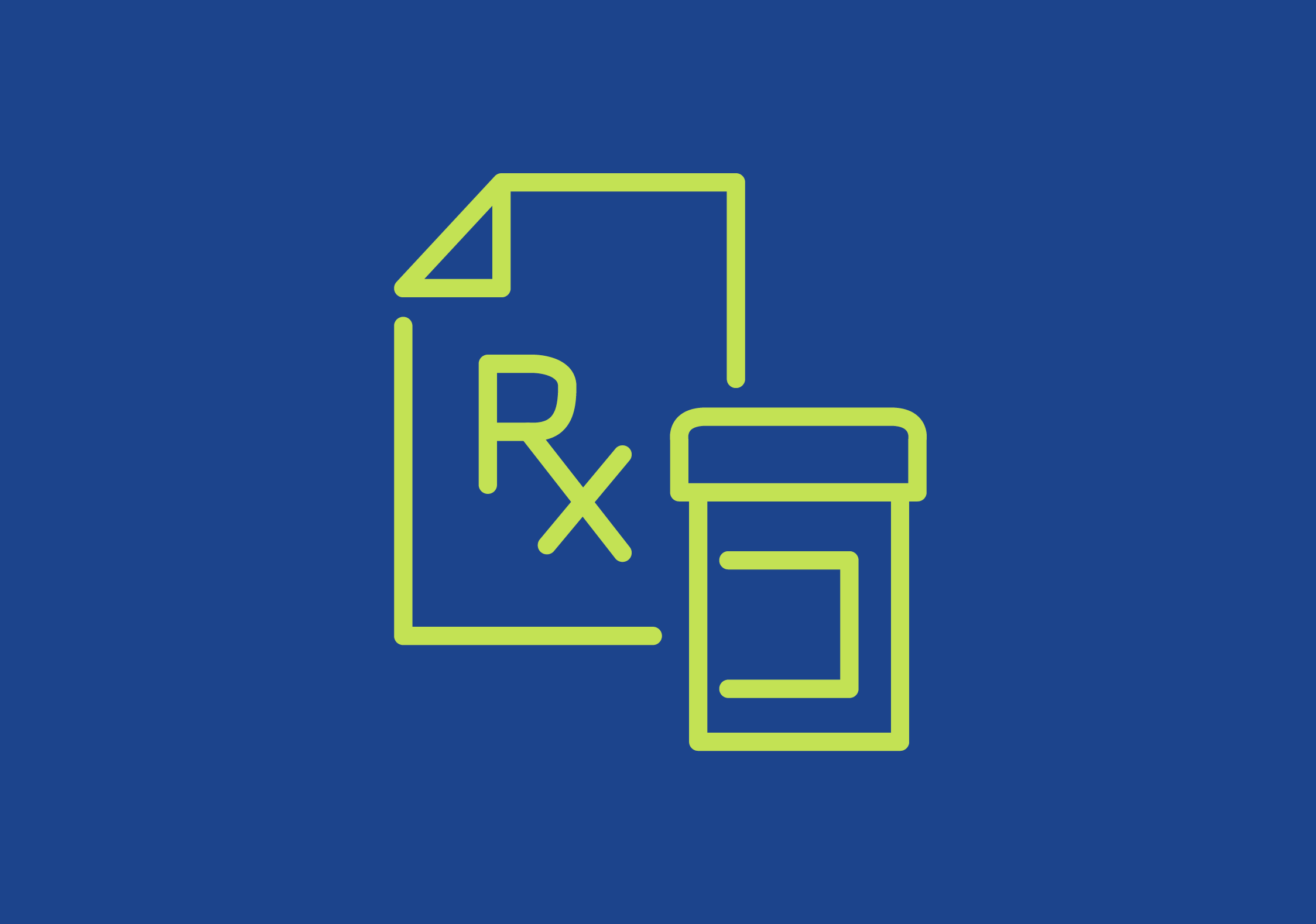Opportunity to Reduce Polypharmacy After Dementia Diagnosis

A study published in JAMA Internal Medicine, led by the Beth Israel Deaconess Medical Center, has uncovered missed opportunities to reduce polypharmacy in older adults with incident dementia. Although the importance of simplifying medication regimens for those with dementia has been documented, this new research points out that deprescribing medications is not being effectively implemented, creating a possible gap in clinical practice.
Researchers analyzed data from August 2021 to June 2023 in more than 260,000 adults aged 67 and older who were enrolled in traditional Medicare and Medicare Part D. Those diagnosed with incident dementia between January 2012 and December 2018 were paired with a control group that had matching demographics, location, and baseline medication count.
As expected, patients with dementia saw an increase in anti-dementia drugs, which boosted the overall average number of medications taken. Most importantly, however, there was also an unexpected increase in central-nervous system–acting medications after a dementia diagnosis. Since CNS medications can adversely affect if not worsen cognitive function, and potentially increase the risk of falls, they are not usually recommended for dementia patients.
The researchers concluded: “The findings suggest missed opportunities to reduce burdensome polypharmacy by deprescribing long-term medications with high safety risks or limited likelihood of benefit or that may be associated with impaired cognition.”